Understanding Digital Marketing: Key Concepts
- Marketing PrimaVerse
- Sep 13, 2025
- 3 min read
In today's fast-paced world, businesses need to connect with their audience in meaningful ways. The internet has transformed how brands communicate, making online presence essential. This is where digital marketing plays a crucial role. It involves using online channels to promote products and services, engage customers, and build brand loyalty. Understanding the fundamentals of digital marketing can help businesses grow and thrive in a competitive environment.
What Are the Digital Marketing Basics?
Digital marketing basics include the core strategies and tools used to reach potential customers online. These fundamentals provide a foundation for creating effective campaigns that drive traffic, generate leads, and increase sales. Here are some key components:
Search Engine Optimization (SEO): Optimizing website content to rank higher on search engines like Google.
Content Marketing: Creating valuable content such as blogs, videos, and infographics to attract and engage an audience.
Social Media Marketing: Using platforms like Facebook, Instagram, and LinkedIn to connect with users and promote products.
Email Marketing: Sending targeted emails to nurture leads and maintain customer relationships.
Pay-Per-Click Advertising (PPC): Running paid ads on search engines or social media to drive immediate traffic.
Each of these elements works together to create a comprehensive digital marketing strategy. For example, SEO helps your website appear in search results, while social media marketing builds brand awareness and community engagement.

The Importance of Strategy in Digital Marketing
A well-planned strategy is essential for success in digital marketing. Without clear goals and a roadmap, efforts can become scattered and ineffective. Here’s how to build a strong strategy:
Define Your Goals: Are you aiming to increase website traffic, generate leads, or boost sales? Clear objectives guide your actions.
Identify Your Audience: Understand who your customers are, their preferences, and where they spend time online.
Choose the Right Channels: Not all platforms suit every business. Select channels that align with your audience and goals.
Create Engaging Content: Content should be relevant, informative, and tailored to your audience’s needs.
Measure and Adjust: Use analytics tools to track performance and refine your strategy based on data.
For instance, a small business targeting young adults might focus on Instagram and influencer partnerships, while a B2B company could prioritize LinkedIn and email marketing.

How Do Beginners Start Digital Marketing?
Starting with digital marketing can feel overwhelming, but breaking it down into manageable steps helps. Beginners should focus on learning and experimenting with the basics:
Learn the Fundamentals: Understand key concepts like SEO, content marketing, and social media.
Set Up Your Online Presence: Create a website and social media profiles that reflect your brand.
Create Quality Content: Start with blog posts or videos that provide value to your audience.
Engage with Your Audience: Respond to comments, join online groups, and build relationships.
Use Free Tools: Platforms like Google Analytics and social media insights help track progress.
Experiment with Paid Ads: Start small with PPC campaigns to see what works best.
For example, a beginner might write blog posts optimized for SEO, share them on social media, and monitor which topics get the most engagement. Over time, this approach builds confidence and skills.

Essential Tools and Platforms for Digital Marketing
Using the right tools can simplify digital marketing tasks and improve results. Here are some popular options:
Google Analytics: Tracks website traffic and user behavior.
SEMrush or Ahrefs: Helps with keyword research and competitor analysis.
Canva: Creates visually appealing graphics and social media posts.
Mailchimp: Manages email marketing campaigns.
Hootsuite or Buffer: Schedules and manages social media posts.
Google Ads: Runs paid search campaigns.
Choosing tools depends on your business size, budget, and goals. Many offer free versions or trials, making it easy to test before committing.
Future Trends in Digital Marketing
Digital marketing is constantly evolving. Staying updated with trends ensures your strategies remain effective. Some emerging trends include:
Voice Search Optimization: With smart speakers becoming popular, optimizing for voice queries is crucial.
Artificial Intelligence (AI): AI helps personalize marketing messages and automate tasks.
Video Content: Short-form videos on platforms like TikTok and Instagram Reels are highly engaging.
Interactive Content: Quizzes, polls, and interactive infographics boost user engagement.
Privacy and Data Protection: Adapting to new regulations and respecting user privacy is essential.
Businesses that embrace these trends can gain a competitive edge and better connect with their audience.
Understanding the basics of digital marketing is the first step toward building a successful online presence. By learning key concepts, developing a clear strategy, and using the right tools, anyone can start creating impactful campaigns. Whether you are a beginner or looking to refine your skills, focusing on these fundamentals will help you navigate the digital landscape with confidence.




Comments